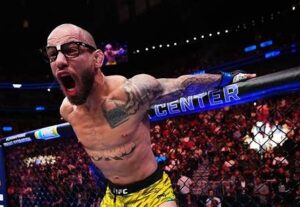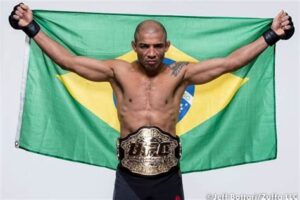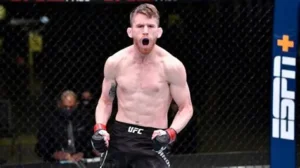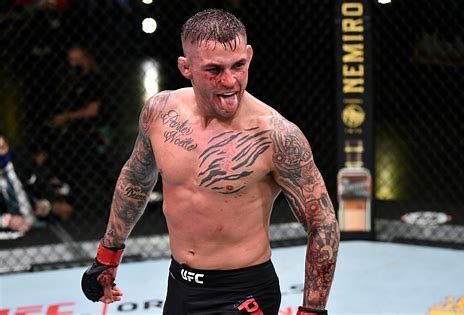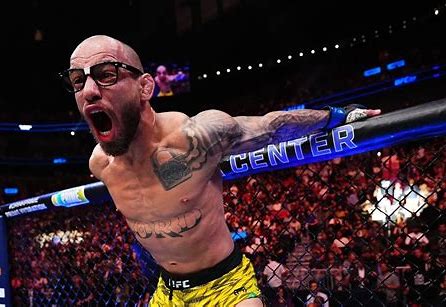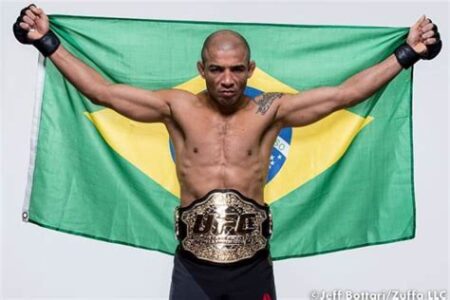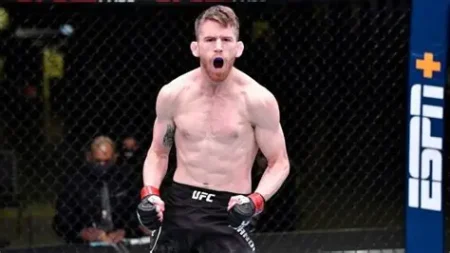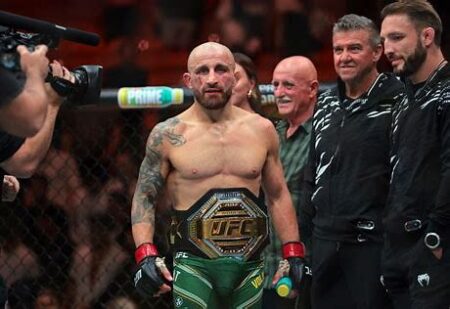Sports have never been about solely numbers, drafts, or matchups. Those drive the game forward, of course, and they are critical, don’t get me wrong. Much of the chatter seen online is about the current events in said sport, arguments being made, etc. However, one aspect that is not discussed nearly enough is the human element behind these individuals. If I named a wide receiver, you could probably tell me how many touchdowns they have, or their average yards after catch. But you’d likely have a harder time telling me what that person had to go through, what kept them up at night, what they had to battle behind the scenes. Sports is storytelling by extension, and boy do I love the stories. So let’s bring things full circle.
When people first start watching a particular sport, they most likely don’t know much about the game, but they know how they feel when they watch it. Most football fans, for instance, remember watching as a child. One latches onto a favorite player or team, and it transcends a mere game. It’s something to believe in. We never really lose that. Perhaps that is part of the reason why fan is short for fanatic; we see ourselves in these guys and girls. As fans, we relate to their struggle, their tragedy, their triumph. For instance, when the Philadelphia Eagles won the SuperBowl, it was as if Armageddon was taking place. A whole city took off work to celebrate a simple child’s game that didn’t directly impact their lives at all. Their fans never played a single snap for the team, but in a way, they did play for the team. When Charles Oliveira won a UFC title, grown men were choked up that a poor kid from the favelas won a championship belt after over a decade of trying. When athletes win, their fans do too. Deep down, they’re just like us, and they represent who we want to be and our own goals that we wish we could have chased. When someone is a new fan of any sport, they probably have that one person they always looked up to from then on out. The one that got them into the game, and the one that meant something to them. I would like to talk about my own inspiration, UFC lightweight Dustin “The Diamond” Poirier.
Dustin inspires me not because of his career choice, but because of his journey. Persistence, resilience, failure, comeback. Anyone can relate to these things, no matter how they are presented. Poirier had a troubled childhood that led to him dropping out of high school because of poor behavior, and pursuing his dream of fighting full time before he had even reached adulthood. He was thrown into the water and forced to swim. Nothing except a dream and the support of his now-wife, Jolie. He was a kid searching for purpose, only without the luxury of options. Either hope a pipe dream panned out, or resign himself to the path most troubled youth seem to follow. People don’t seem to grasp how frightening that is. Many of us have the benefits of good homes, good neighborhoods, and safe jobs. To see your future slipping through your fingers is a different kind of beast. Poirier fought his way to the top of the sport against all odds, the troubled boy from Lafayette, Louisiana, making a name for himself on nothing but hard work and self belief. His story is different from that of many other big names. Poirier did not really stand head and shoulders above his peers. He is/was not a force of nature like Jon Jones and Khabib Nurmagomedov. He never became an undisputed champion, and will likely retire after his next fight. Dustin came ever so close to the top of the mountain several times, only to fall back down and climb back up. He has one of the best resumes in UFC lightweight division history. He has fought Justin Gaethje and Max Holloway twice apiece, authored a trilogy with Conor Mcgregor, and fought for the title three separate times.When it comes down to who wants it more, you can bet on the Diamond more often than not. Not just a mixed martial artist, but a fighter. Watch MMA long enough and the difference becomes apparent. You find out who someone is when they are challenged, and In a sport of the next best thing, Dustin is one of the few constants. At age 36, Poirier has been fighting for most of his life, with a storied UFC tenure far greater than most. In a cruel twist of fate, he had three chances to win all he ever wanted, and came up short. He fought the great Khabib Nurmagomedov in 2019, the aforementioned Charles Oliviera in 2021, and another great Dagestani in Islam Makhachev in 2024. He was defeated and forced to tap out every single time. Many fighters only get one shot at a title. Through sheer force of will, this was not the case for Poirier. He built himself back up better each time, no small feat in a sport with a short shelf life. He was doubted, overlooked,and seen to be past his expiration date. After losing his first championship fight, he famously remarked “when times are good be grateful, and in times like this, be graceful”. Are we not all chasing something, and finding out what we are made of in the process? No pressure, no diamond.
I have always seen Poirier as a Rocky story. Why did Rocky speak to so many? It was not because the protagonist got what he wanted, or always won in the end. It was because one doesn’t always need to win to be considered a champion. The journey is the reward. Rocky and Dustin are very much alike. Ordinary men who stood tall against insurmountable odds, made the most of their opportunity, and grew to be respected because of it. Poirier is perhaps the most revered fighter to never be champion, his story and impact on his community are worth as much as any championship in the eyes of many fans. Combat sports in particular have always resonated with me because they are a physical representation of the human experience. We are all fighting something at the end of the day. We are fighting for our jobs, fighting for our goals, fighting for our loved ones, and fighting to be something more than what we are. There is something to be said about a man who had every excuse to quit but did not. Who found a way to come back stronger with every heartbreak. Who lost a belt but found purpose, adopting an often philosophical take on life. At the end of the day, no matter how much we love an athlete and want them to succeed, there’s no guarantee, and there does not need to be. Guys like this show us that we don’t need to achieve the highest of highs in order to succeed or live a life of value. That it’s not just whether or not you win your fight, but whether you win over the man in the glass.
To conclude, Dustin Poirier is my favorite fighter and perhaps my favorite athlete because his story teaches us that it is not about whether we fall, but how we come back from it. To be a human being is to be a fighter. When watching sports, no matter the outcome I often felt a sense of satisfaction. That the story was truly complete, even if I didn’t like the ending. I felt it when I watched Josh Allen carry his team during the 13 second game against the Chiefs. I felt it again when I watched an aging Poirier stand his ground against Makhachev in a last gasp at the coveted belt. There is victory in knowing that you gave your life to your work, and lost yourself in the process. We cannot always get what we want, but there is a sense of completion knowing that we gave it a shot. I have followed Poirier long enough to know that for a man who had every reason to be angry and bitter about his shortcomings, he instead became a symbol of grit and gratitude, preaching it constantly. Following him on social media, he seems to me to be more of a warrior monk than a brawler who gets hit in the head for a living. From him, I have learned that what you become is more important than what you have. That it is better to try and come up short than to never attempt something at all. Which is why when Dustin Poirier fights, you will always find me watching. How bittersweet it is to say goodbye to one of my favorite mixed martial artists, who although I never met him, taught me so much through his journey. It’s not about the athlete, but what they stand for.
“Try again. Fail again. Fail better”.
